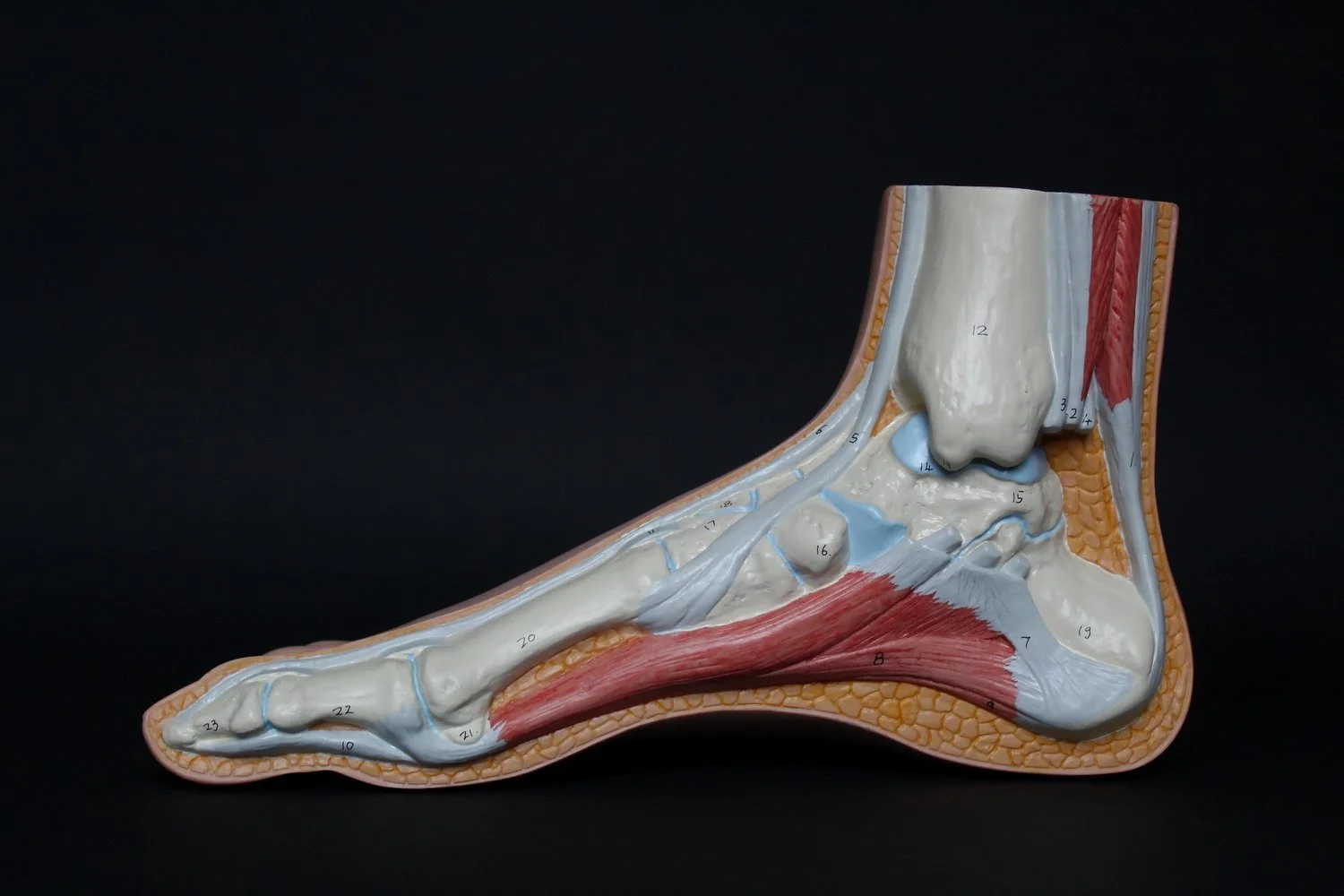Tendon and Ligament Support
Tendons and ligaments are two essential connective tissues that play a crucial role in the musculoskeletal system. Tendons attach muscles to bones, while ligaments connect bones to each other. Both tendons and ligaments are made up of collagen fibers, which provide strength, stability, and elasticity.
For athletes, tendons and ligaments are particularly vulnerable to injury due to the repeated stresses and strains that they endure during training and competition. Therefore, it's important to support these tissues through proper nutrition. In this blog post, we'll discuss the key nutrients that can help support tendons and ligaments and the foods that are rich in these nutrients.
Important Nutrients for Soft Tissue
Collagen is the primary structural protein in tendons and ligaments, making up around 70-80% of their total weight. Therefore, consuming collagen-rich foods can help support the health and function of these tissues. Collagen is a type of protein that is derived from animal sources such as bone broth, chicken, beef, and fish. Collagen supplements are also available in the form of powders, capsules, and drinks.
Another nutrient that is important for the health of tendons and ligaments is vitamin C. Vitamin C is required for the production of collagen, as well as for its proper function in the body. Vitamin C is also a potent antioxidant that can help protect the tissues from oxidative damage. Foods that are high in vitamin C include citrus fruits, berries, kiwi, mango, papaya, bell peppers, broccoli, and spinach.
In addition to collagen and vitamin C, there are other nutrients that can help support the health of tendons and ligaments. These include:
Omega-3 fatty acids: Found in oily fish such as salmon, mackerel, and sardines, as well as in flaxseeds, chia seeds, and walnuts. Omega-3 fatty acids can help reduce inflammation and improve joint mobility.
Zinc: Found in oysters, beef, lamb, and pumpkin seeds. Zinc is required for collagen synthesis and plays a role in the repair of damaged tissues.
Vitamin E: Found in nuts, seeds, and vegetable oils. Vitamin E is a potent antioxidant that can help protect the tissues from oxidative damage.
Iron: Found in red meat, poultry, fish, and legumes. Iron is required for the production of collagen and is important for oxygen transport to the tissues.
It's important to note that consuming these nutrients through food is preferable to taking supplements. Supplements may not provide the same benefits as whole foods, and some supplements may even have harmful effects.
To support the health of tendons and ligaments, it's recommended to consume collagen-rich foods and vitamin C sources 30 minutes before physical activity. This can help provide the nutrients necessary for tissue repair and reduce the risk of injury.
Habits That May Negatively Impact Soft Tissue
Along with adopting a healthy diet to support tendon and ligament health, it's equally important to be mindful of nutrition habits that may have a negative impact on these tissues. Consuming excessive amounts of sugar, processed foods, and unhealthy fats can lead to inflammation in the body, which can weaken tendons and ligaments over time. High intake of sugary beverages, junk foods, and processed snacks can also lead to weight gain, which puts additional stress on these connective tissues and increases the risk of injury.
Tendons and ligaments are essential connective tissues that are particularly vulnerable to injury in athletes. Consuming a diet rich in collagen, vitamin C, and other nutrients can help support the health and function of these tissues. Incorporating these foods into your diet can help reduce the risk of injury and promote faster recovery.
Performance nutritionApril 13, 2023

